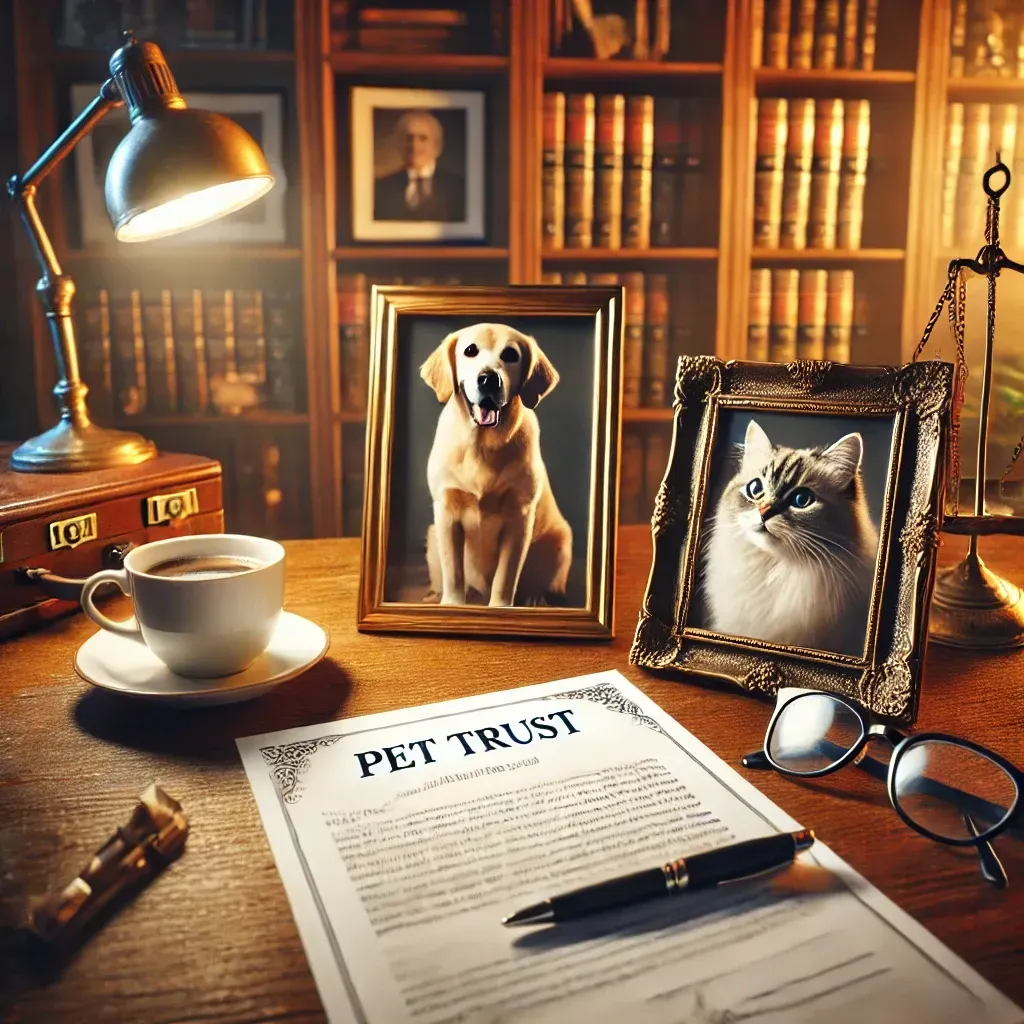The Importance of Estate Planning: Lessons from Alain Delon’s Final Wish

The recent news surrounding Alain Delon, the esteemed French film icon, has drawn attention to the complex intersection of estate planning and pet care. Delon, who recently passed away at 88, left behind a poignant and somewhat controversial request: he wished for his beloved Belgian Malinois, Loubo, to be euthanized and buried with him. Thankfully, his family, alongside animal rights organizations, has chosen to honor Loubo's life by allowing him to continue living rather than fulfilling this unusual wish.
Summary of the Situation
Alain Delon's final wish for Loubo stirred significant public interest. Delon had a deep bond with his dog, whom he adopted in 2014. In a 2018 interview, he expressed his desire for Loubo to be euthanized and buried with him, describing the dog as his "end of life companion." However, following Delon's death, his family decided not to follow through with this request. Instead, Loubo will remain in the care of Delon’s family and continue to live at his residence. The decision aligns with contemporary views on animal welfare and reflects a more compassionate approach.
The Role of Estate Planning: Including Pet Trusts
This situation underscores a crucial aspect of estate planning that often goes overlooked: provisions for beloved pets. Estate planning isn't just about distributing financial assets; it's also about ensuring that all family members, including pets, are cared for according to your wishes. This is where pet trusts and special provisions come into play.
Pet Trusts: What They Are and Why They Matter
A pet trust is a legal arrangement designed to ensure that pets are provided for in the event of their owner’s death or incapacity. Unlike a traditional will, which simply leaves assets to beneficiaries, a pet trust allows for detailed instructions on how your pet should be cared for. Here’s how they work:
- Designating a Caregiver: You can name a specific person or organization to take care of your pet. This ensures that your pet will be placed in the hands of someone you trust.
- Funding the Trust: You can allocate funds within the trust to cover your pet’s care, including food, medical expenses, and other needs. This financial provision helps ensure that your pet’s quality of life is maintained.
- Detailed Instructions: The trust can include specific instructions about your pet’s care preferences, including medical treatments, dietary needs, and more.
- Enforcement: A trustee is responsible for managing the trust and ensuring that the caregiver follows your instructions. If the terms are not met, the trustee can take legal action to enforce them.
Why Proper Estate Planning Matters
Delon’s story highlights the need for comprehensive estate planning, including provisions for pets. Without clear and compassionate planning, there’s a risk that pets could face uncertain futures. By setting up a pet trust or including detailed provisions in your will, you ensure that your pets are cared for in a way that reflects your values and desires.
Estate planning is about more than just distributing assets—it's about protecting and providing for every member of your family, human or animal. By incorporating pet trusts into your estate plan, you can offer peace of mind that your furry friends will be cared for with the same love and consideration you provided them during your lifetime.
In conclusion, Alain Delon’s final request serves as a poignant reminder of the importance of thoughtful estate planning. By planning ahead, you can ensure that your legacy includes not only your material possessions but also the well-being of those you cherish most, including your pets.

